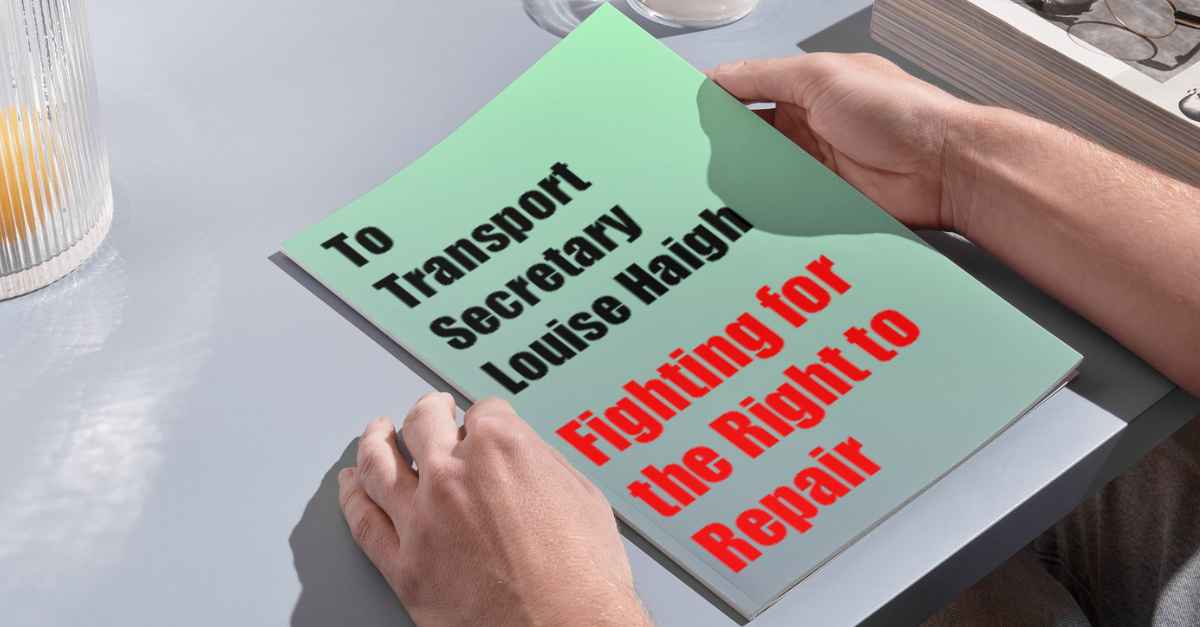A group of automotive aftermarket suppliers, repairers and trade bodies has co-signed a list of policy requests sent in a letter to the Transport Secretary Louise Haigh.
In the ‘Fighting for the Right to Repair’ document, LKQ UK & Ireland CEO Kevan Wooden outlines the critical contribution of the automotive aftermarket to the UK’s social and economic infrastructure, and of independent repairers in particular in ensuring safe and roadworthy transport is accessible to all.
Key co-signers include the AA, the RAC, Kwik Fit, Micheldever Tyre Services, ATS Euromaster, Halfords, Formula One Autocentres, Hella, ZF, TMD Friction, Schaffler, the IMI and the IAAF.
The document prioritises five key requests.
These include a call to align vehicle type approval and motor vehicle block exemption regulations, eliminating the potential for automakers to restrict access to in-vehicle data and other essential inputs required to diagnose, service or repair a vehicle – particularly in the context of advanced driver assistance systems (ADAS).
In a similar vein, a wider regulatory framework has been called for to address access to data and cybersecurity – not dissimilar to the single, mandated all-manufacturer SERMI scheme being rolled out across Europe.
Other issues tackled in the document include the need for tax cuts on training and other business investment, helping independent technicians qualify to work on ADAS-enabled vehicles and hybrids and EVs. And more widely, a national automotive employment scheme has been highlighted as a critical need – similar those seen in the hospitality sector in recent year.
Finally, the lack of a secondary market for the refit and refurbishment of EV batteries is identified as having the potential to undermine the environmental gains made by the shift away from ICE, and to limit the affordability and accessibility of EVs – with the introduction of a regulatory framework to govern collaboration between the aftermarket and vehicle manufacturers positioned as key to the solution.
Wooden said, “Significant challenges persist that threaten the independent aftermarket and risk creating a monopoly for the vehicle manufacturers. And they have real implications for the economy, and for consumer choice and affordability.
“The Department for Transport has an important part to play in resolving these challenges and ensuring the independent sector can continue to compete and thrive. We have identified five key areas of focus where support is urgently needed, and we are keen, together with our partners, to engage with government and set a new tone for its relationship with our sector.”
















